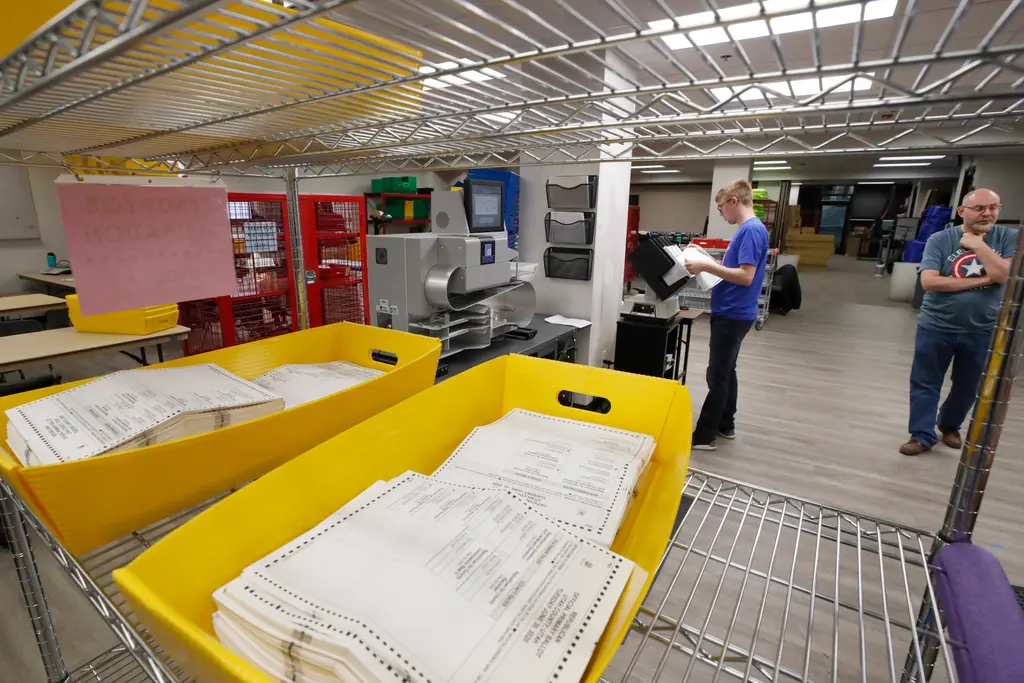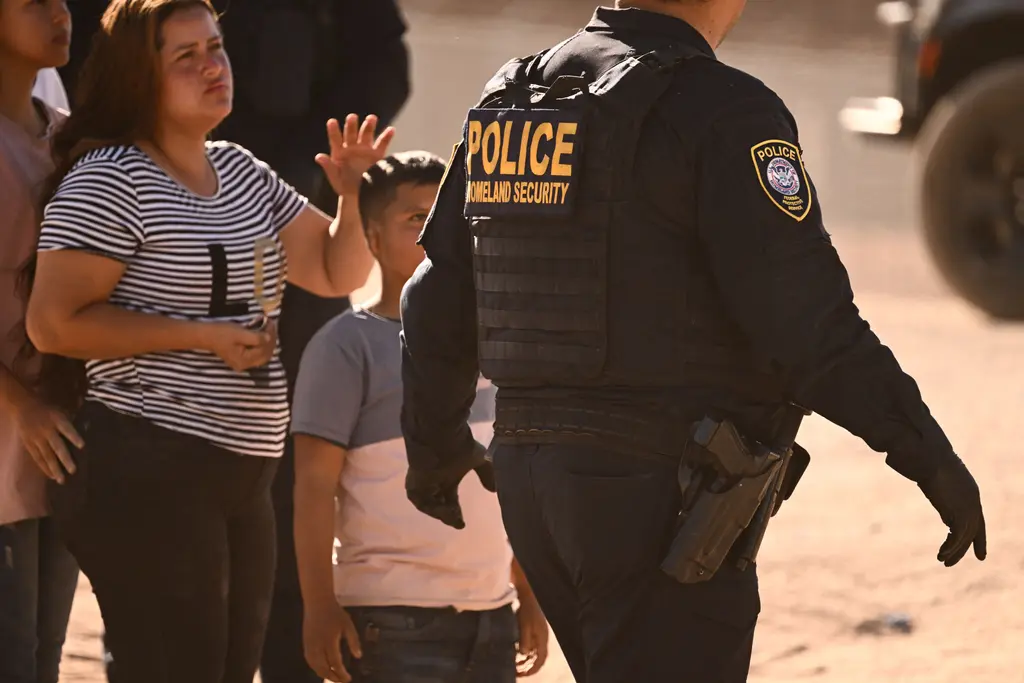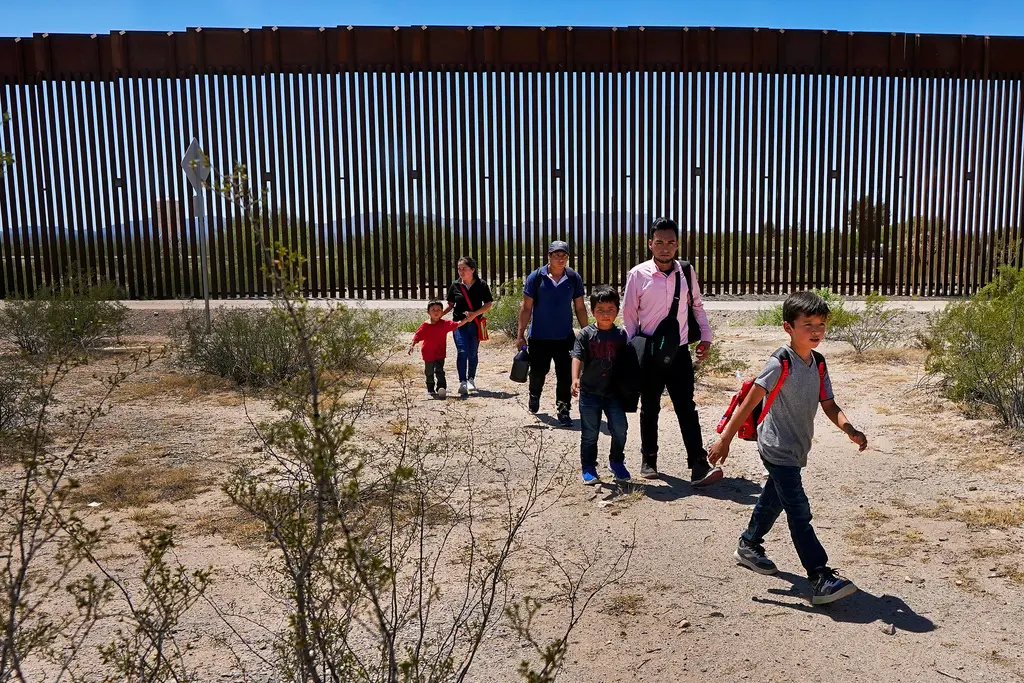How to lose democracy in the Americas

After a generation of bipartisan effort and financial , Washington’s democracy agenda in the Americas is at risk. Despite significant progress including regular elections, democratic institutions remain weak in much of Latin America and the Caribbean, subject to political manipulation and economic underperformance. Most nations remain plagued by gross inequalities, boom and bust economic waves, public insecurity, and self-dealing elites lacking in public spirit or interest. And that was before the pandemic ran roughshod, cratering economies and deepening social fissures.
Now, astonishingly, in the run-up to our own elections, the United States is making matters worse.
Even when it has been unpopular to do so, the regional democracy agenda has been championed and underwritten by Washington, with officials claiming over the years that democracy is the only “legitimate” form of hemispheric governance. U.S. efforts have at times been uneven and ineffective, but they are sincere, and Washington has paid real costs politically and economically and, in some cases, lives, to promote the vision of a fully democratic, prosperous and peaceful hemisphere.
Democracy is not a fragile flower, Ronald Reagan once said, but it does require tending, and the United States has spent billions of dollars since the end of the Cold War attempting to do so, from Mexico to Panama, to Colombia and Venezuela, and across South America and also the Caribbean.
Respect for elections and election results, appreciation for if not agreement with alternative views, freedom of the press, and the fulfillment of personal obligations including payment by business elites of taxes due and owing are all in the talking points. These can be uncomfortable, intrusive discussions with other governments, and must often be matched with incentives designed to encourage leaders to “do the right thing.”
Looming quietly in the background was always the ultimate trump card, the example of the United States itself, as imperfect as it is, standing as a testament to the benefits of democratic practice and serving as a real-time differentiator with others seeking regional influence or promoting a different path.
Más sobre Opinion
That was then.
Today, as the United States prepares for the November 3 elections, the U.S. president is systematically dismantling the effectiveness of regional democracy promotion efforts. Not due to any particular shift in policy specifically geared toward Latin American and the Caribbean, necessarily, but rather by the shabby manner in which he is treating democracy at home.
The first debate crystalized the issues. Beyond a boorish disrespect for even the presence of an opponent, the president claimed in advance without any evidence the vote would be “rigged,” refused to guarantee his acceptance of the results, and called for private militias to monitor voting and be prepared to act in some unspecified manner against “the left.” And that was all in just one 90 minute debate.
Beyond that, he has sought to politicize apolitical institutions including the military and intelligence agencies, and even the weather and health services. He continuously ridicules the free press. He uses social media to attack and vilify political opponents by name. He has promoted his family and private business interests using the trappings and privileges of government, funded by taxpayers, of which he, it seems, is not one.
None of these practices are foreign to Latin American and Caribbean nations. In fact, they are common, and routinely condemned by U.S. officials. By indulging in them from the White House, separate and apart from the deep damage he continues to inflict on democracy in the United States, the president gives license to others to engage in practices similarly inconsistent with democratic norms and expectations, lighting a fuse in a region where democracy itself is relatively new and subject to reversal.
At the same time, U.S. invocation of shared values with the region and claims to be the “preferred partner” in the face of China’s active courtship threaten to ring hollow, even as Beijing increasingly makes the case that its own authoritarian, anti-democratic system provides a more efficient, pragmatic model for economic development and expansion after the pandemic.
The battle for Latin American and Caribbean—and global—hearts and minds is real, and it is intensifying. A stinging and wholly unnecessary strategic defeat for the United States in the face of creeping authoritarianism abroad is not out of the question.
Democracy requires tending, indeed. But promoting democracy successfully in the hemisphere and also around the world means we first acknowledge this powerful sentiment applies even more consequentially to us.
Eric Farnsworth is vice president of the Council of the Americas and Americas Society, heading the Washington, DC, office since 2003.



